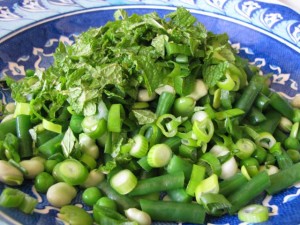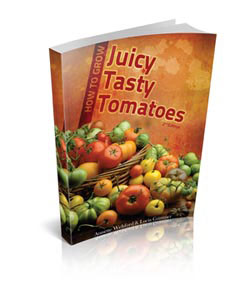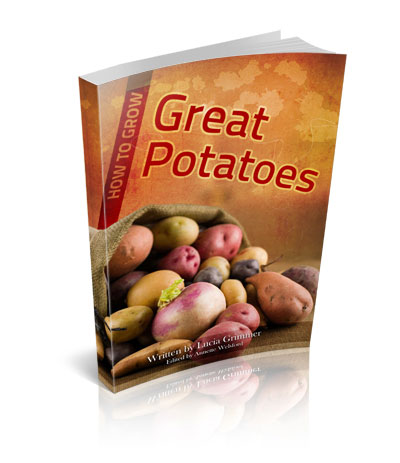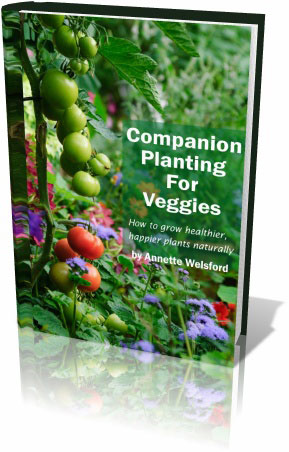Fresh Veggies Promise a Better Night’s Sleep
American researchers have discovered that what we eat directly affects the way we sleep. Whilst those who know how important it is to eat fresh vegetables will also know that this isn’t rocket science, it’s a welcome declaration in a country where junk food has been the norm for so long.

Saturated fats and choline (found in fatty meat and eggs), as well as tea. chocolate and alcohol were all blamed for poor sleep patterns.
The study was carried out at the University of Pennsylvania, under lead researcher, Michael Grandner from the University’s Centre for Sleep and Circadian Neurobiology. He said that while many people realize that there is some sort of relationship between how we sleep and what we eat, there have been few scientific studies to find out exactly why this is so.
It’s “an important area to explore going forward as we know that short sleep duration is associated with weight gain and obesity, diabetes, and cardiovascular disease,” he said.
The Idea of Short Sleep
For the purposes of the study, sleep patterns were categorized as:
- very short – fewer than five hours per night,
- short – five to six hours in a night,
- standard – seven to eight hours,
- long – nine hours or longer.
Diet Data Collected
In an endeavour to ensure the most reliable research results, participants were questioned by trained people who then recorded everything that was consumed in an average day. This included meals and drinks, even glasses of water (which of course would affect hydration). They also look at the demographics of participants, socio-economic factors, physical activities and physical characteristics (including obesity).
Sleep and Diet Study Results
Generally a higher calorie intake tallied with the worst sleep patterns, right across the board. People who consumed a limited variety of foods tended to suffer from restless sleep; conversely, people who ate a wide variety of foods tended to sleep better.
The study found that an excess of fatty food; too little vitamin C, selenium and lycopene; and dehydration, all have an adverse effect on our sleep patterns.
The best sources of vitamin C include veggies we can grow in our own gardens, including broccoli, peppers and a variety of dark leafy greens. Oranges are, of course, another invaluable source of vitamin C. Similarly red and orange-coloured foods, including tomatoes, can be grown at home – and these contain valuable lycopene. Selenium is found in shellfish, meat and nuts.
Saturated fats and choline (found in fatty meat and eggs), as well as tea and chocolate (both of which contain theobromin, a molecule similar to caffeine), and alcohol were all blamed for poor sleep patterns.
Research Conclusions
Generally, said Grandner, the people who said they slept seven or eight hours a night displayed “diet differences” to those who said they slept less – and those who slept more. In addition, both short and long sleep were found to be associated with “lower food variety”.
So it seems that it is not only true to say “you are what you eat”. What you eat also determines how well you sleep.
How to Eat Better and Improve your Sleep Patterns
The message is loud and clear. First of all, avoid saturated fats and the other foodstuffs that stop us all from sleeping soundly. Drink lots of water. And eat healthy, vitamin-rich foods, particularly fruit, nuts and veggies including tomatoes and leafy greens.
What better reason do you need to start a veggie patch in your own backyard?
Tags: cardiovascular disease, Center for Sleep and Circadian Neurobiology, diabetes, fresh veggies, long sleep, lycopene, obesity, short sleep, sleep patterns












